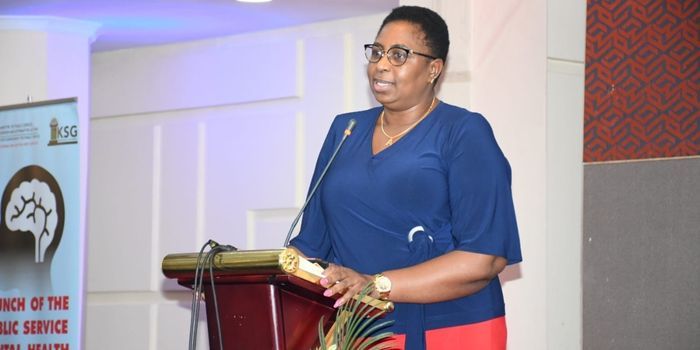On Tuesday, February 27, National Assembly Speaker Moses Wetangula disclosed a significant move aimed at amending the constitution concerning the nomination of members of parliament. This development came to light following the submission of a report by a multi-sectoral working group appointed by President William Ruto. The primary objective of this group was to devise a framework for achieving the two-thirds gender principle.
Presenting the report to the assembly, Cabinet Secretary Aisha Jumwa outlined proposals to amend Article 97 of the constitution, particularly focusing on the allocation of gender top-ups through political parties. Wetangula, having reviewed the report, conveyed that it advocates for constitutional adjustments to empower political parties with the responsibility of gender representation through party lists.
Under the current constitutional provision stated in Article 97, the National Assembly comprises 12 nominated MPs designated by political parties based on their respective strengths, ensuring representation of special interest groups such as youths, persons with disabilities, and workers.
The proposed amendment suggests aligning the process of nominating MPs with that of Members of the County Assembly, as outlined in Article 177. This entails ensuring that no more than two-thirds of the assembly's membership are of the same gender, thereby promoting gender balance.
Wetangula emphasized the importance of parliamentary commitment towards implementing the two-thirds gender principle, highlighting recent engagements between parliamentary leadership, the Gender CS, and the multi-sectoral working group. He indicated that the report would be subjected to scrutiny by the Departmental Committee on Justice and Legal Affairs, urging the House Business Committee to accord it priority in the legislative agenda.

